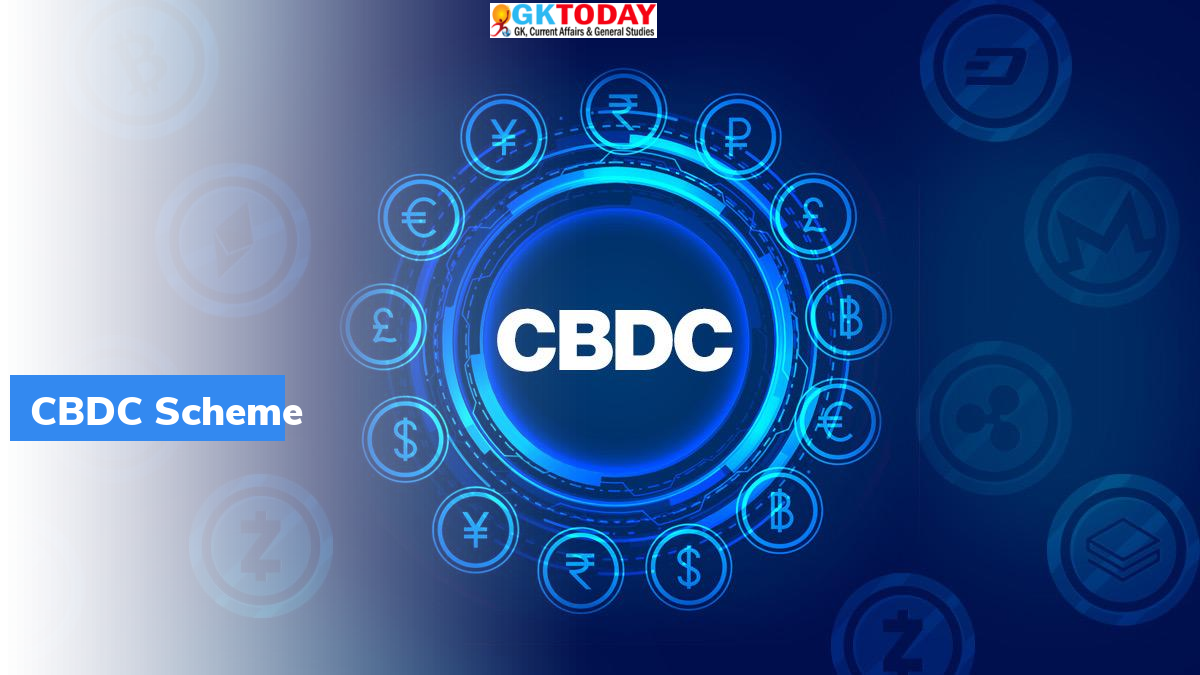RBI Launches Retail CBDC
After successfully launching the wholesale pilot project for central bank digital currency in November, the RBI commenced the retail CBDC pilot project from December 1.
About RBI’s Retail CBDC Pilot Project
On December 1, the first phase of the retail e-rupee pilot project was launched. It initially covers four cities – Mumbai, New Delhi, Bengaluru, and Bhubaneswar, where customers and merchants can use the digital rupee (e₹-R) or e-rupee to make transactions. Four banks are controlling the launch of the retail e-rupee – SBI, ICICI Bank, Yes Bank and IDFC First Bank.
The service will be expanded to include other cities like Ahmedabad, Gangtok, Guwahati, Hyderabad, Indore, Kochi, Lucknow, Patna, and Shimla. Four other banks – Bank of Baroda, Union Bank of India, HDFC Bank, and Kotak Mahindra Bank – will be involved in the pilot launch in these cities.
The scope of the pilot project will be expanded gradually to include more banks, users and locations whenever needed.
What are the kinds of e-rupee?
Based on the usage and functions of the digital rupee as well as the differences in accessibility, the digital rupee is classified into two broad categories – the general purpose (Retail) and Wholesale.
On November 1 this year, the digital rupee for the wholesale segment was launched to settle secondary market transactions in government securities. The Wholesale CBDC can be used only by select financial institutions. It was launched to transform the settlement system for financial transactions of the banks in the government securities segment, inter-bank market and capital market to make them more efficient, secure, and cost-effective.
What is retail e-rupee?
Retail e-rupee is the electronic version of cash. It is mainly used for retail transactions by private entities, non-financial customers and businesses. It will be in the form of digital token that represents legal tender. The e₹-R will be issued in the same denominators as paper currency and coins and distributed via banks. It does not earn any interest like in the case of physical cash. It can be converted into other forms of money like deposits with banks.
The users can transact using retail e-rupee via a digital wallet provided by the participating banks. It can be stored on mobile phones and devices. The transactions of the e-rupee can be both person to person as well as person to merchant. It can be transferred to the merchants using QR codes displayed at the merchant locations.
Month: Current Affairs - December, 2022
Category: Economy & Banking Current Affairs


